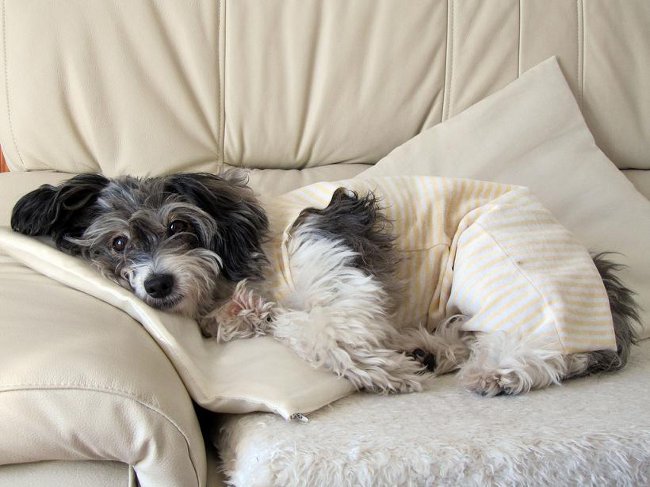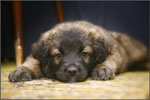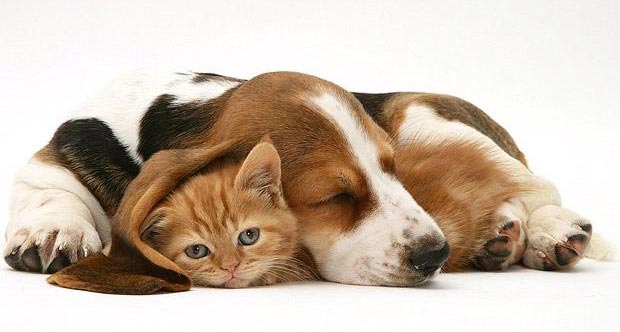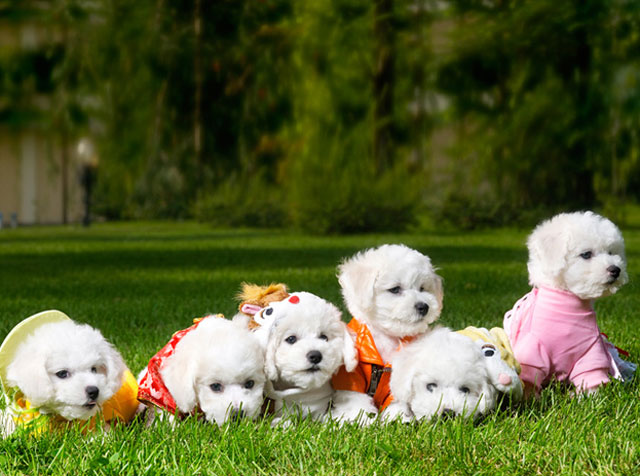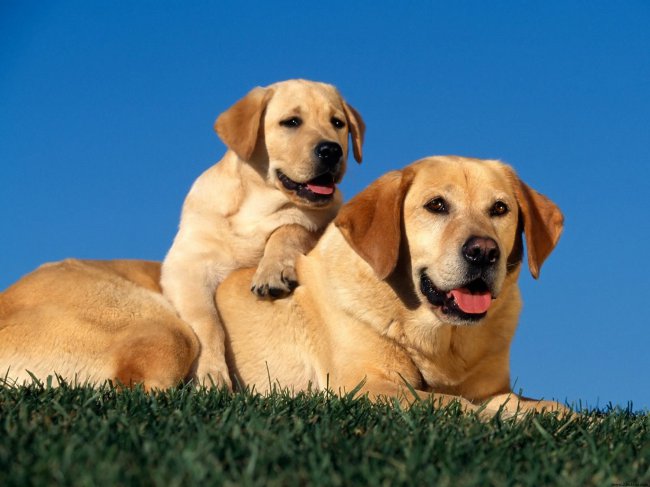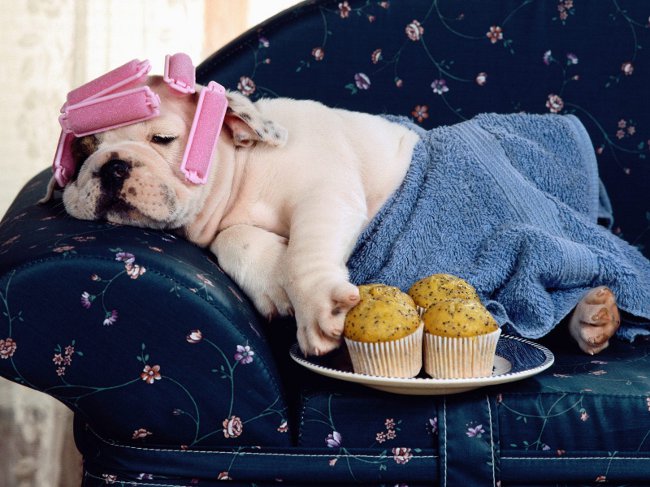Dog after surgery: care rules
 Each owner wants his pet to be healthy and cheerful. But sometimes you can not do without surgical intervention to preserve your health. How quickly will it be restored? dog after surgery, largely depends on its owner.
Each owner wants his pet to be healthy and cheerful. But sometimes you can not do without surgical intervention to preserve your health. How quickly will it be restored? dog after surgery, largely depends on its owner.Of course, Many subtleties and nuances of postoperative care depend on the breed of the animal and the type of operation: agree, one thing - sterilization orcastration, and quite another - the operation on the spine. Specific recommendations for care you will give a veterinarian. But still there are some general rules that you need to know.
It is best if the dog after a surgery for a while will spend in the hospital: it is desirable to normally exit from anesthesia to herhelped the doctor. This is especially important if the operation was difficult, if the dog is young or elderly. A dog, for example, may need a dropper, which is difficult to provide at home. And already when the dog completely regains consciousness after anesthesia, it will be discharged home, and there you can look after it yourself.
The dog after the operation needs special care on average for 10-14 days, sometimes the period of postoperative rehabilitation can be 1-2 months if the intervention was serious. The first thing to do is to arrange a cozy corner for the dog. It should be comfortable, dry and warm (but not hot). Do not put the dog in a draft.
To prevent the animal from spreading the stitches, a special blanket is put on it. It is better to buy 1-2 spare blankets and change them bythe least pollution. Instead of blankets can use Elizabethan collar. The dog must be in the pommel or collar for the entire rehabilitation period (of course, except for those moments when you process the sutures).
Treat postoperative sutures usually once a day with local antiseptics. Advised to use antiseptics, notcontaining alcohol, for example, chlorhexidine. If in doubt, it is best to check with your veterinarian. After treatment with an antiseptic, apply an ointment, for example, levomecol.
If the veterinarian has prescribed some kind of medication, they should be given in strict accordance with the instructions. Say, antibiotic treatment can be absolutely ineffective if you break the schedule or do not bring it to the end, independently deciding that your dog is already healthy.
Dog after surgery can be restless, aggressive. This is natural, because surgicalThe intervention is associated with pain and stress. Therefore, give the pet a maximum of care and attention. But little children should not be allowed to go to her. First, the dog needs peace and a minimum of physical exertion, and they will brake it, trying to play. Secondly, after the operation, it is difficult to restrain aggression, so it is dangerous not only for the dog, but also for the children.
By the way, about physical activity. Regardless of the type of operation, in the first day the dog should be given peace. And further recommendations regarding exercise will be given by a veterinarian. Moderate stresses in the form of short quiet walks can even be useful, but excessive physical activity is harmful. Return to the normal mode of activity will be possible only when the veterinarian informs you that the dog has fully recovered.
Postoperative ration will depend on the typesurgery and anesthesia. Precise advice on feeding will be given by a veterinarian - perhaps you will be given a special feed, or vice versa advised to feed natural food. But the general rule is that food should be light, and you need to feed in small portions, but often. Large portions reduce appetite, and the dog after the operation and so eats worse than usual. A normal appetite can return to the dog in a few days.
The dog after the operation should have free access to clean and fresh drinking water, unless the veterinarian has given other prescriptions. During the operation, animals can lose a lot of fluid, this loss must be replenished.
If you notice any worrisome symptoms, you should immediately contact your vet. Such symptoms can be, for example,repeated prolonged vomiting, swelling of the joints and purulent discharge, prolonged absence of urination or defecation, decreased or elevated temperature (at a rate of 38-38.9 degrees). It is better to be safe and find out that in fact everything is in order, than to miss some important symptom.
How quickly the dog after the operation will return to normal again, depends largely on you. Your task as a host is to strictly follow allinstructions of the veterinarian and give your pet maximum attention and care. Then your dog will quickly get to his feet and again will please you and your family with your company.
